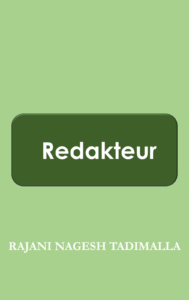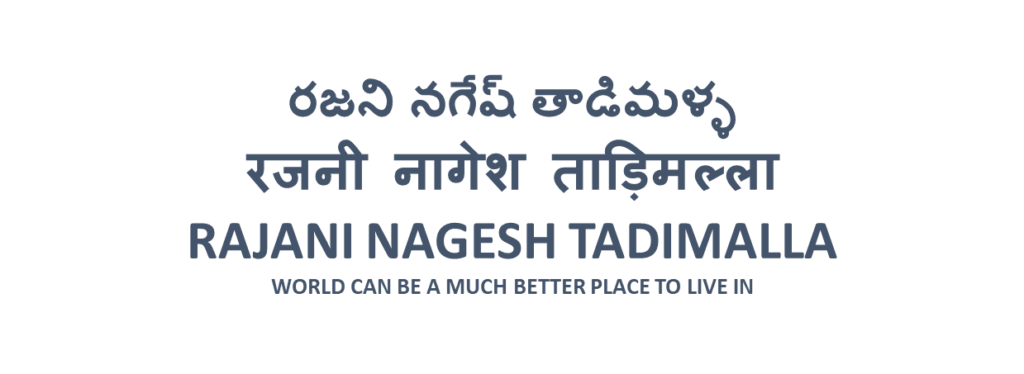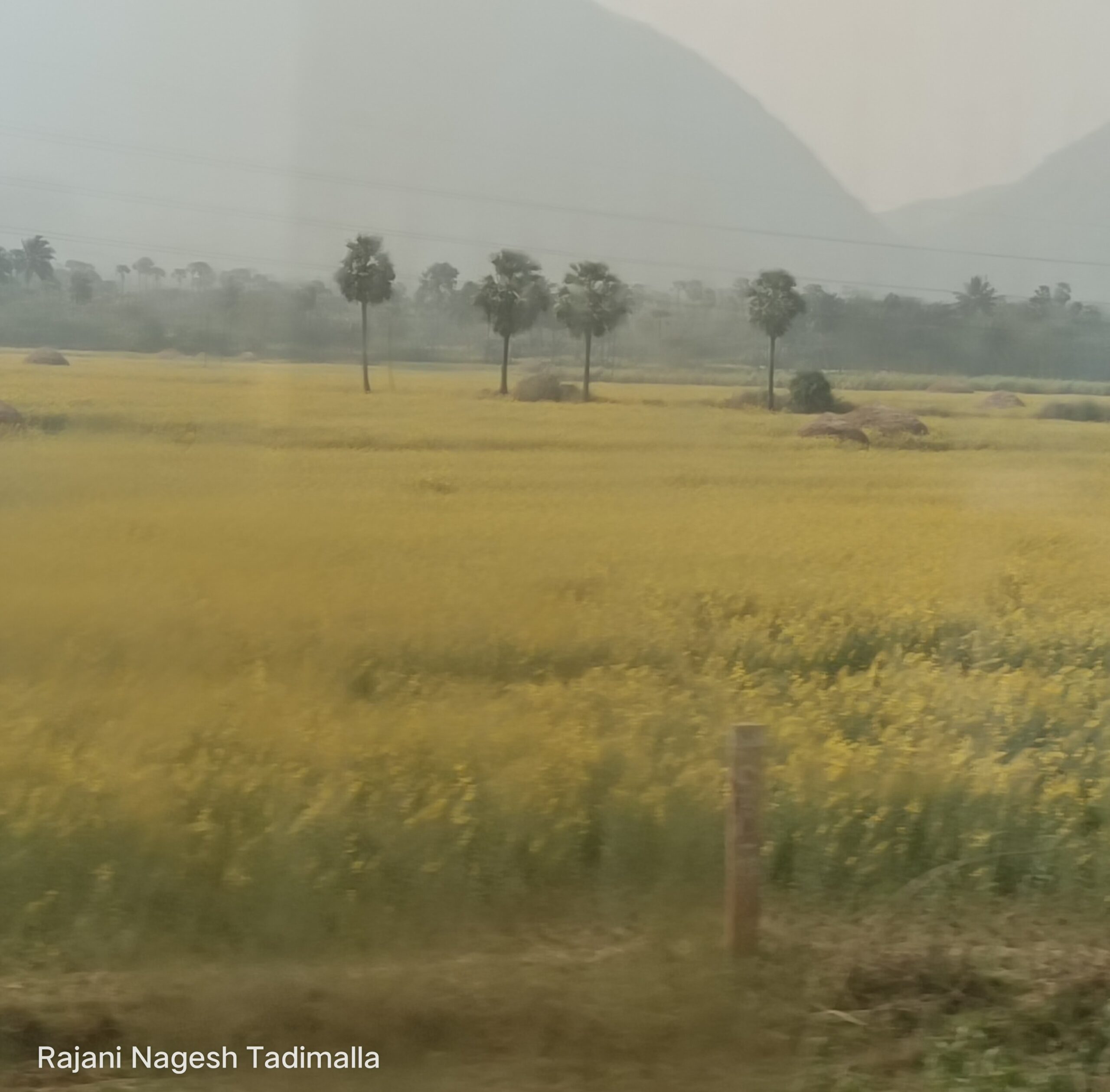Welcome to the Literary Junction!
Literature is an art. There are various types of literature. My mission is to bring stories in various genres and languages through literary writing and books.
Poetry: In general, poetry can be expressed in various ways and styles such as blank verse, free verse, lyric, ballad, cinquain, haiku, sestina, sonnet, villanelle, epic, elegy, epigram, imagist, limerick, narrative, and ode.
Prose: Prose can take various forms such as fictional, heroic, nonfictional, and prose poetry.
Fiction: In general, fiction can be of various types such as children’s literature, fables, comics, flash fiction, short stories, novelettes, novellas, novels, historical fiction, horror, science fiction, fantasy, mystery and thriller fiction, and realistic fiction.
Nonfiction: Nonfiction usually includes topics such as health, sciences, humanities, social sciences, nature, environment, biodiversity, essays, educational, academic, research, literary nonfiction, children’s nonfiction, motivational, inspirational, devotional, spiritual, travelogues, contemporary topics, law, national, international relations, memoirs, general reading, and general knowledge. Here, as a broader approach to various disciplines nonfiction has been included as a separate section.
The aforementioned is indicative and not exhaustive.
Works on historical and science fiction are included in the Literary Junction whereas those on history and science are included in the Humanities and Social Sciences and Sciences respectively in the Nonfiction Junction.
The endeavour is to cover all major language families in due course. Linguistics and languages are included in the Humanities and Social Sciences in the Nonfiction Junction.
Genres will be mentioned on the separate page created for titles. Each title even within the same genre has a different theme. There is a possibility of a common element as a signature style within a genre yet only if it gels with the theme.
All projects in this junction are books in various literary genres in various languages unless mentioned otherwise. All books will have ISBN and copyright information on the title verso page as is the standard practice. For nonfiction titles, visit the nonfiction junction.
Please read the disclaimer.
అసలు రచనలు मौलिक कृतियाँ Originals
Celebrate literature and languages with me.
‘The goal is the same as the motto: Our world can be a much better place to live in. Medium: Literature and languages.’
‘Literature: Presents culture, lifestyle, art, creativity, customs, emotions, and ethos in various genres and connects the people.’
‘Many Languages: One nation. Many languages and nations: One world. Languages: Spirit and medium of communication of the human civilisation.’
ద్రావిడ భాషలు ದ್ರಾವಿಡ ಭಾಷೆಗಳು திராவிட மொழிகள் ദ്രാവിഡ ഭാഷകൾ Dravidian Languages
In the context of language families, Dravidian languages are further classified into various groups. More on this classification under the linguistics and languages zone in the Humanities and Social Sciences section in the Nonfiction Junction. Some of the Dravidian languages include Telugu, Tamil, Kannada, Malayalam, Kolami, Kodava, Kui, Oraon, Toda, and Tulu.
తెలుగు Telugu
ఎందరో మహానుభావులు రాశారు తెలుగులో ఎన్నో రచనలు. వారందరికీ నా వందనాలు. నా రచనలతో తెలుగు భాషకి మరింత గౌరవం పెంచడానికి ఇది ఒక ప్రయత్నం.
తెలుగు భాష ఇస్తుంది నాకు ఆనందం,
తెలుగు భాష నా ప్రాణం,
మీ హృదయాలలో ఎప్పటికీ నిలిచి పోవడానికి,
తెలుగులో నా రచనలతో మరింత ఆనందాన్ని పెంచడానికి,
వస్తున్న త్వరలో’
— రజని నగేష్ తాడిమళ్ళ
Telugu is a considered as the North Dravidian language. Telugu is one of the eleven classical languages in India. Many have contributed immensely to the language and literature from the famous trio of Nanayya, Tikkana, and Errapragada of the eleventh, thirteen, and fourteenth centuries to contemporary authors. The English spelling of the language has evolved over the time from Teloogoo to Telugu. The Telugu script was encouraged during the Chalukya rule and hence one of the books on the same.
ಕನ್ನಡ కన్నడ KANNADA
ಎಲ್ಲಾ ಕನ್ನಡ ಸಾಹಿತ್ಯಾಭಿಮಾನಿಗಳಿಗೆ ಶುಭಾಶಯಗಳು. ಕನ್ನಡ ಸಾಹಿತ್ಯಕ್ಕೆ ಹಲವಾರು ಸಾಹಿತ್ಯ ಕೊಡುಗೆಗಳಿವೆ. ಇದು ಕನ್ನಡ ಸಾಹಿತ್ಯಕ್ಕೆ ಸೇರಿಸುವ ನನ್ನ ಪ್ರಯತ್ನ. Kannada is a Dravidian and one of the classical languages of India. Some of the notable contributors to the modern Kannada literature amongst many include Kuppali Venkatappa Puttappa popularly known as Kuvempu, Gopalakrishna Adiga, Jyotsna Kamat, KP Poornachandra Tejawsi, Udupi Rajagopalacharya Ananthamurthy, and Alluri Venkat Rao. There are many styles of writing and Navya is one of them that gained popularity during the last century. All books here are on different themes and genres.
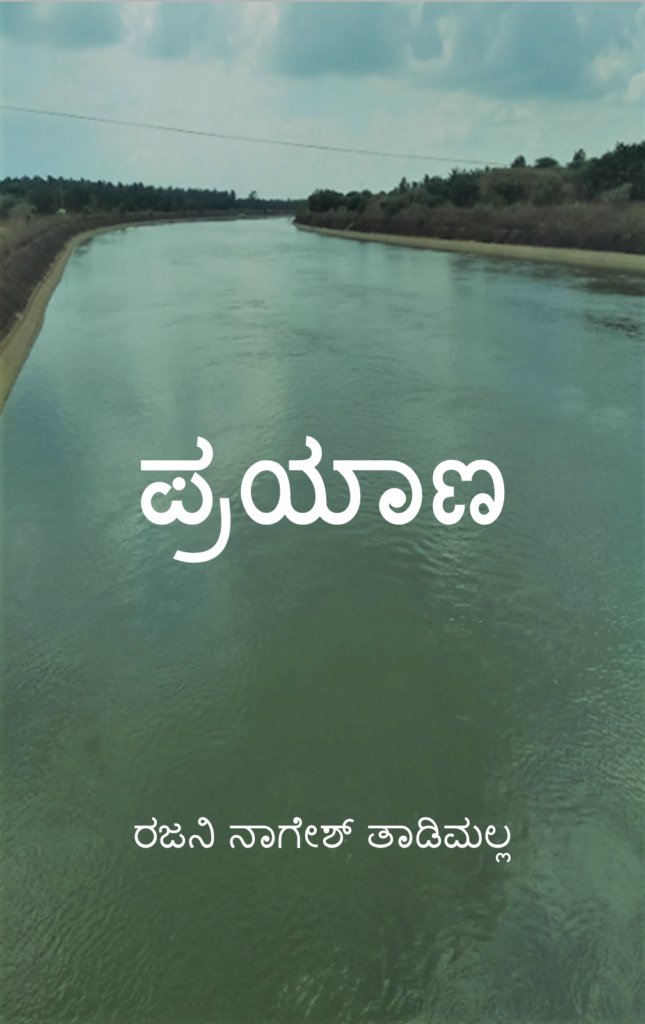

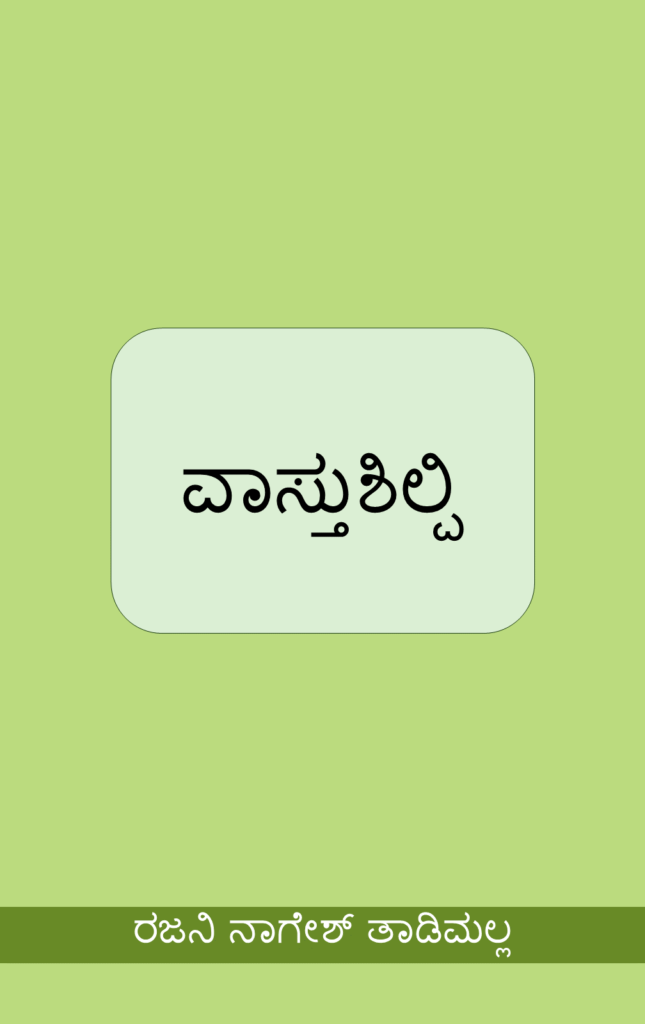
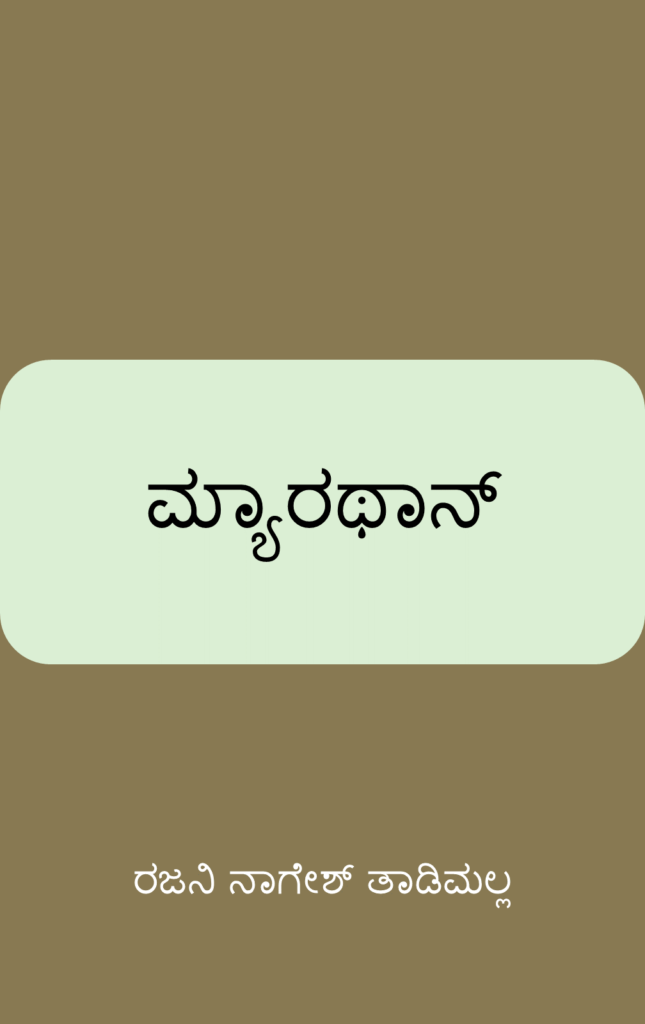
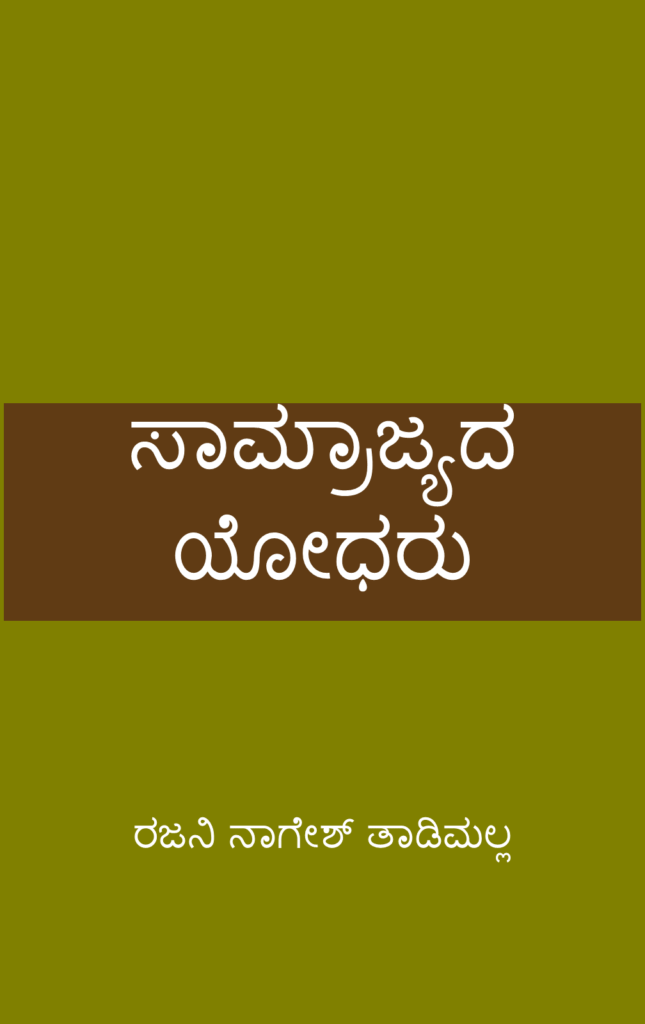
தமிழ் తమిళం Tamil
தமிழ் இலக்கிய ஆர்வலர்கள் அனைவருக்கும் வணக்கம். செழுமையான தமிழ் இலக்கியத்திற்கு மேலும் பங்களிக்கும் எனது முயற்சி இது. Tamil is one of the Dravidian and classical languages of India. Tamil language has 12 vowels and 18 consonants. I bought this one Tamil language book when I was in Chennai and it has been helpful in understanding. All works are literary fiction in various genres.

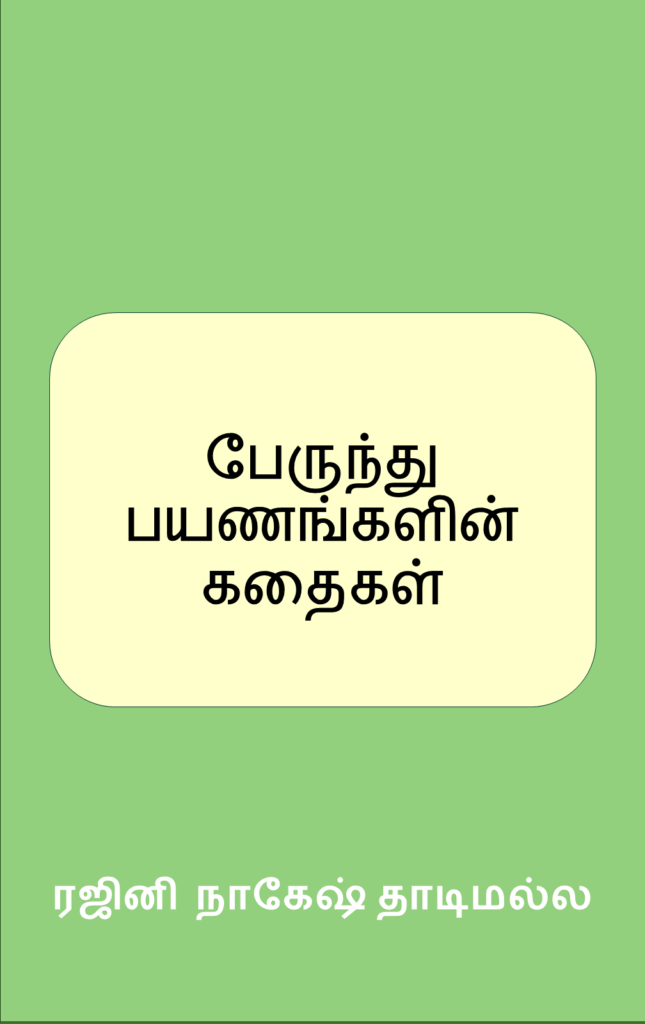


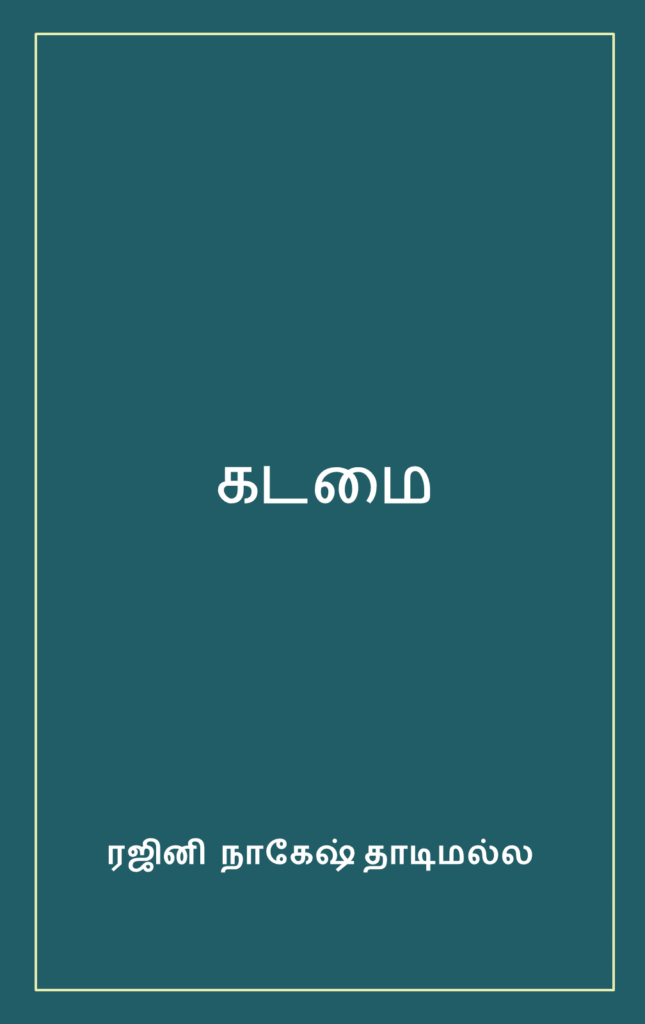
മലയാളം మలయాళం Malayalam
The Malayalam language has 15 vowels and 36 main consonants. Malayalam is a Dravidian language and one of the classical languages of India.
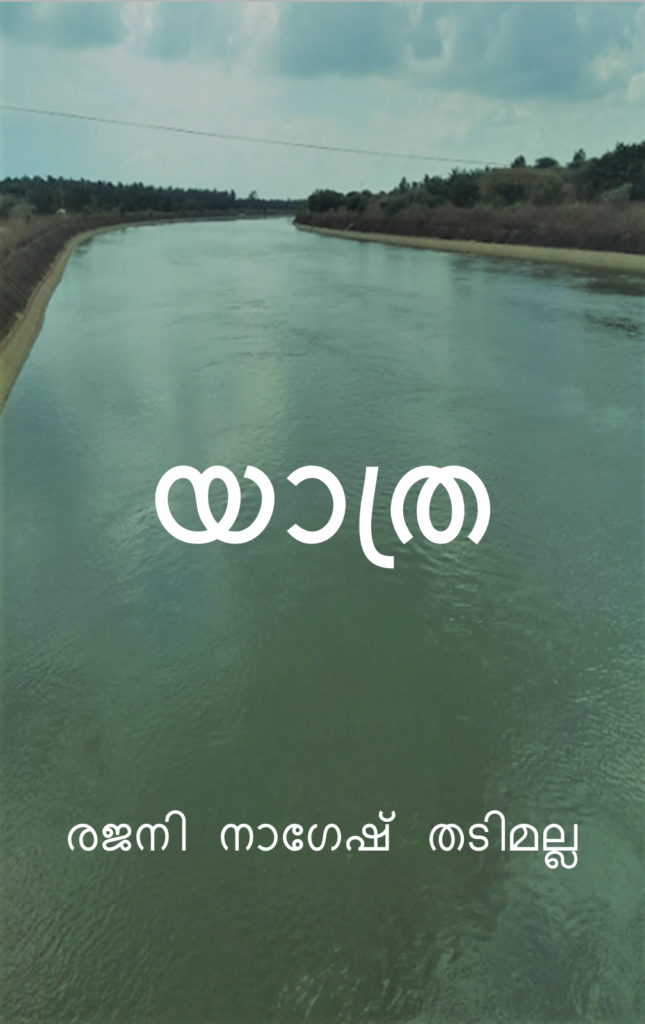

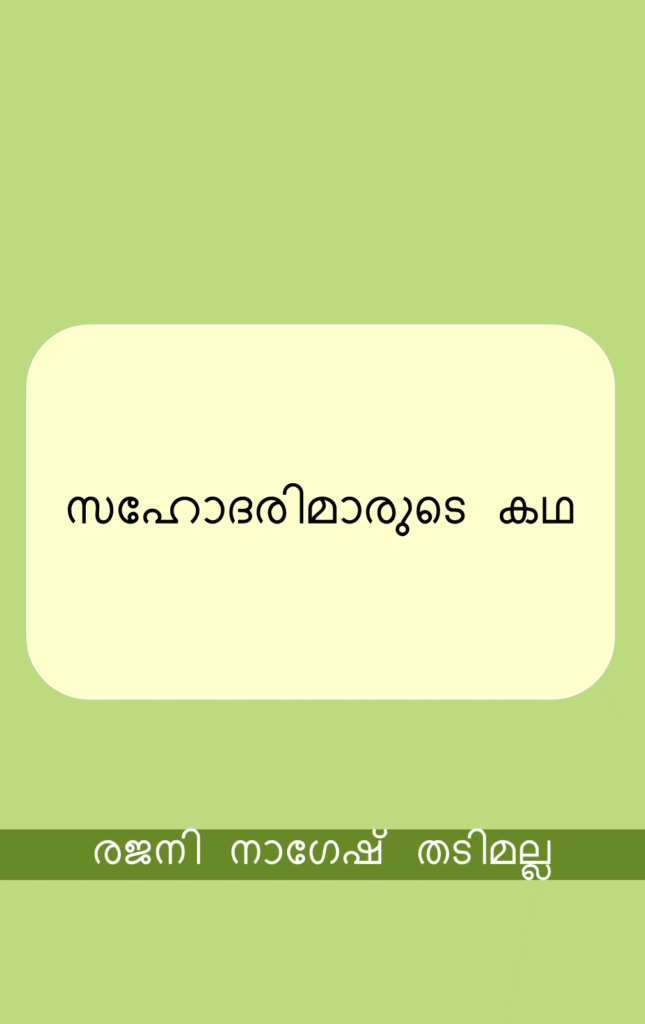
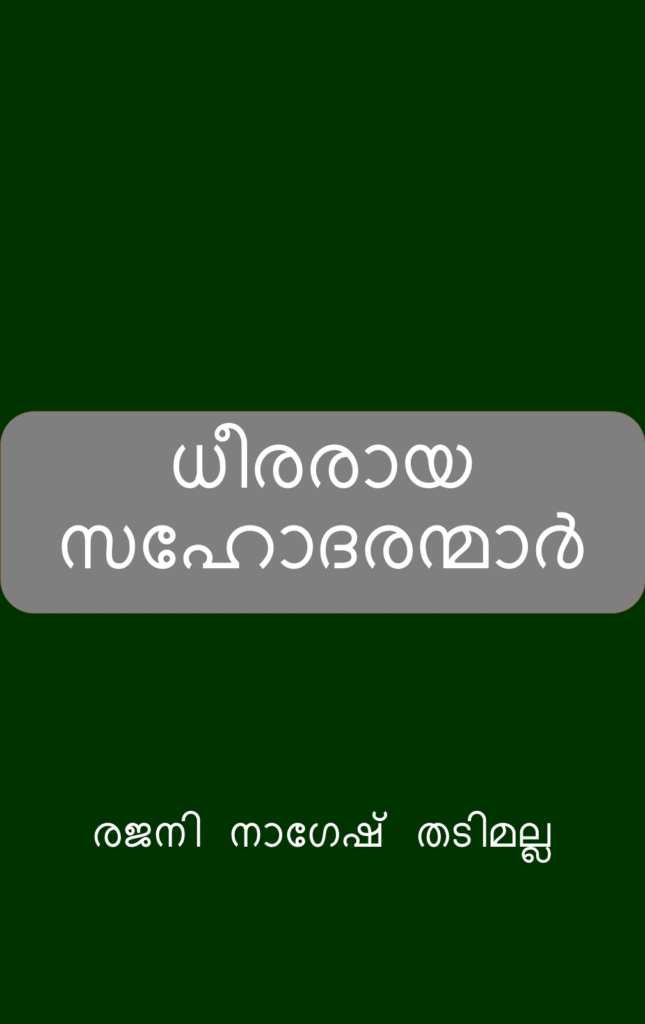

କୁଈ కుయ్ Kui

কুড়ুখ্ కురుఖ్ Kurukh Oraon (అంతరించిపోతున్నది Endangered)

നചച ತುಳು తుళుTulu (అంతరించిపోతున్నది Endangered)

कोलामी కొలామి Kolami (అంతరించిపోతున్నది Endangered)

Kodava (అంతరించిపోతున్నది Endangered)

Toda (అంతరించిపోతున్నది Endangered)
Indo-European Languages ఇండో-యూరోపియన్ భాషలు
इंडो-आर्यन भाषाएँ ইন্দো-আর্য ভাষা ইন্দো-আৰ্য ভাষাবোৰ ଇଣ୍ଡୋ-ଆର୍ଯ୍ୟ ଭାଷା ଗୁଡିକ इन्डो-आर्य भाषाएँ इंडो-आर्यन भासो इंडो-आर्यन भाषा इन्डो-आर्यन भाषाहरू ઇન્ડો-આર્યન ભાષાઓ ہند آریائی زبانیں ਇੰਡੋ-ਆਰੀਅਨ ਭਾਸ਼ਾਵਾਂ इंडो-आर्यन भाखायें ඉන්දු-ආර්ය භාෂා Indo-Aryan Languages
In the context of language families, Indo-Aryan languages are further classified into various groups. More on this classification under the linguistics and languages zone in the Humanities and Social Sciences section in the Nonfiction Junction. Some of the Indo-Aryan languages include Hindi, Bengali, Sanskrit, Konkani, Marathi, Gujarati, Punjabi, Assamese, Odia, Urdu, Sindhi, Chhattisgarhi, Malvi, Bungeli, Maithili, Awadhi, Nepali, and Sinhala.
हिंदी హిందీ Hindi
हिंदी साहित्य प्रेमियों को नमस्कार। हिंदी साहित्य के विकास में अनेक लोगों ने योगदान दिया है। मेरे विद्यालय से लेकर स्नातक की शिक्षा तक हिंदी एक विषय था। हमारे विद्यालयों के हिंदी पाठ्यक्रम में गद्य और पद्य दोनों की किताबें हुआ करती थीं और मैंने कई रचनाएँ पढ़ी हैं। यह मेरा अपनी रचनाओं से हिंदी साहित्य में अपना योगदान देने का प्रयास है। द्वारिका प्रसाद महेश्वरी की ‘मेरी अभिलाषा है’ मेरी पसंदीदा में से एक है। मेरी अभिलाषा है कि यह दुनिया कहीं अधिक बेहतर जगह हो सकती है।

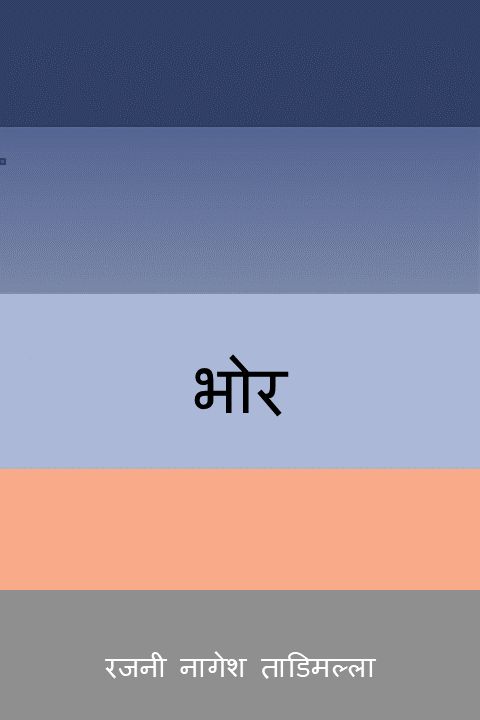
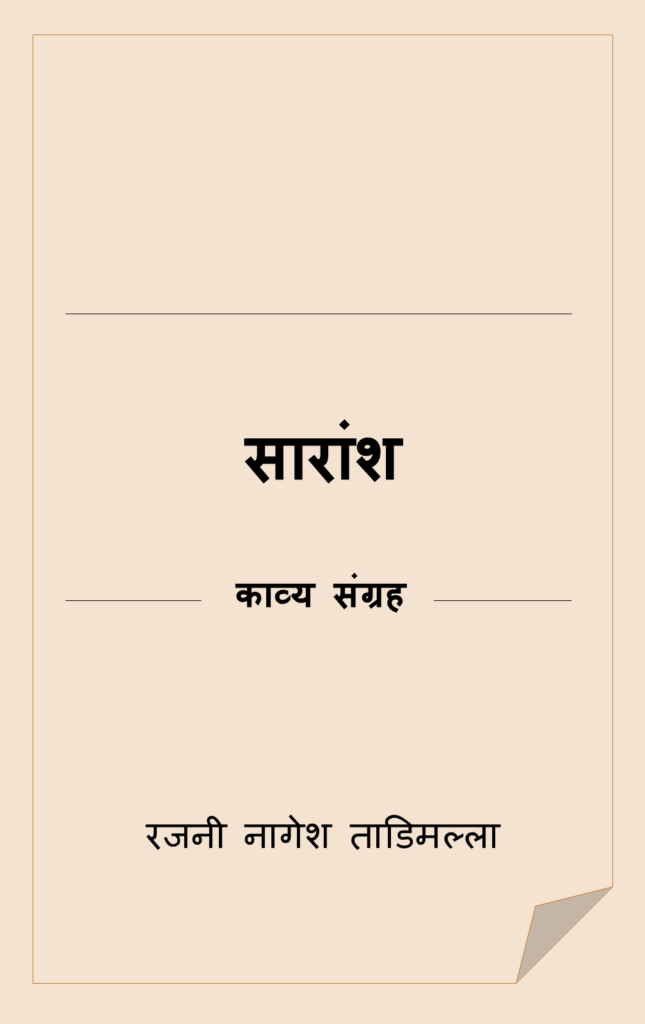


বাঙ্গালি বাংলা బెంగాలీ Bengali
সকল বাংলা সাহিত্যপ্রেমীদের জানাই শুভেচ্ছা। বিভিন্ন সাহিত্য ধারায় আমার কাজ দিয়ে সাহিত্যে অবদান রাখার এই প্রয়াস। Bengali is one of the classical languages of India. I have been using various forms of lessons and resources to gain understanding of the language. Many dialects of Bengali are spoken across the eastern region of India. The writing styles have changed over different eras. In the recent centuries while Sadubhasa was prevalent earlier, the Calitbhasa emerged as the predominant style later on. There have been many contributions to the Bengali literature in various eras such as those by Badu Candidas, Vijay Gupta, Kana Haridatta, Michael Madhusudan Dutt, Maladhar Basu, Parameshwar Das (Kavindra), Vrindavana Dasa Thakura, Bharatchandra to Madanmohan Tarkalanka, Hemchandra Bandhopadhyay, Indira Devi, Rabindranath Tagore, Anurupa Devi, Ishwar Chandra Vidyasagar, Nirupuma Devi, Ram Mohan Roy, Bankim Chandra Chatterjee, Sailabala Ghoshjaya, Mohitlal Majumdar amongst others and later by Ashapurna Devi, Mahasweta Devi, and contemporary writers.
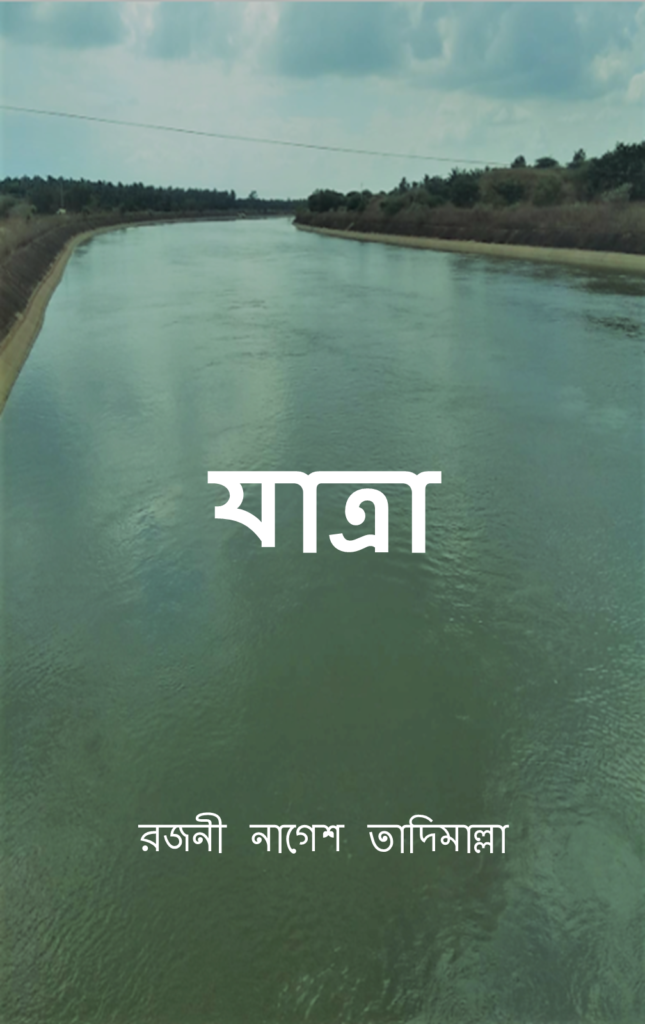

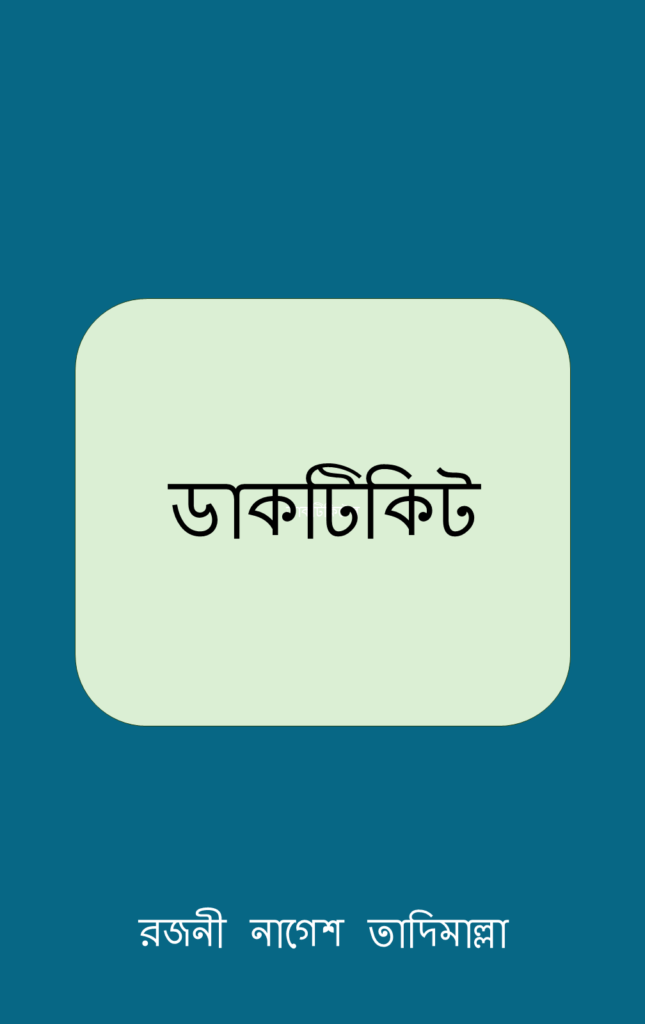
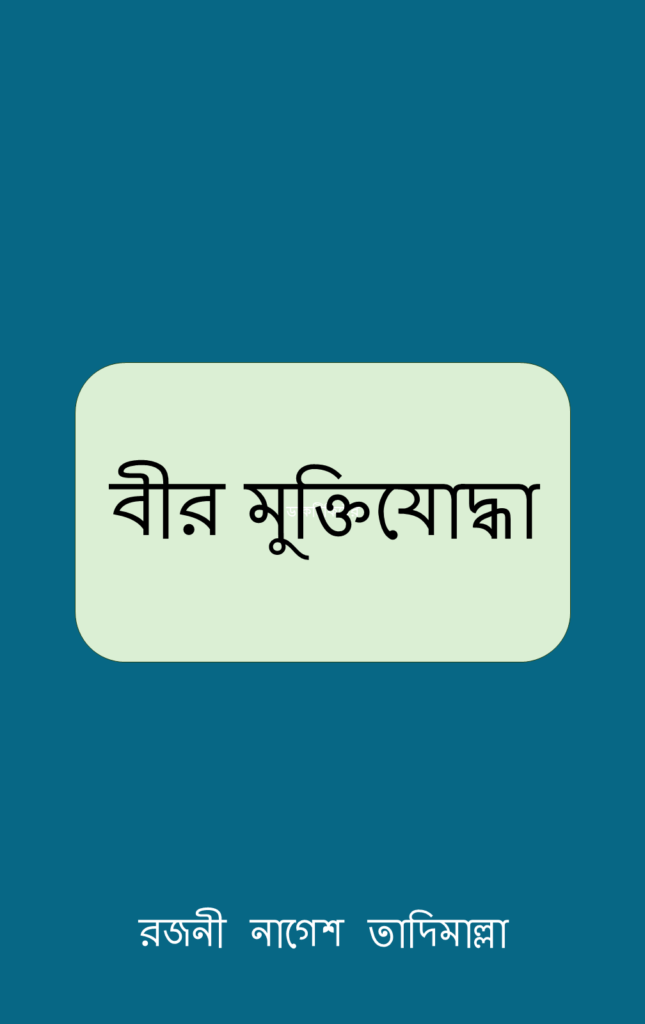
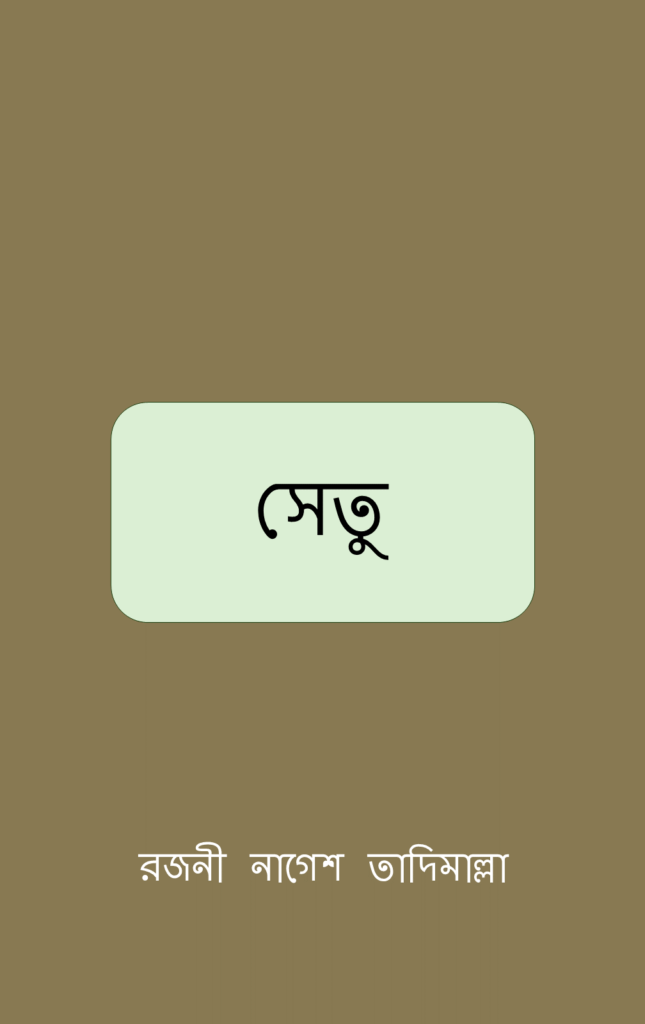
संस्कृतम् సంస్కృతము Sanskrit
सर्वेभ्यः संस्कृतभाषाप्रेमिभ्यः अभिवादनम्। संस्कृतम् भारतस्य शास्त्रीयभाषासु अन्यतमम् अस्ति । संस्कृतम् बहूनां भाषाणां स्रोतः इति मन्यते । अस्याः भाषायाम् अनेके प्राचीनग्रन्थाः रचिताः आसन् ।

कोंकणी కొంకణి Konkani
The Konkani language has 10 vowels and 32 main consonants. Many have contributed to the Konkani literature, including Ravindra Kelekar (around 100 books), Balakrishna Bhagwant Borkar, and many veteran as well as contemporary authors. There are several others from the region who have contributed in Portuguese, Konkani, Marathi, and English, among others. म्हज्या वावरान कोंकणी साहित्यांत योगदान दिवपाचो एक यत्न हांगा दिला.
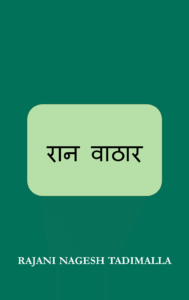
मराठी మరాఠీ Marathi
The Marathi language has 13 vowels and 36 consonants. Marathi is an Indo-Aryan language and one of the classical languages of India.
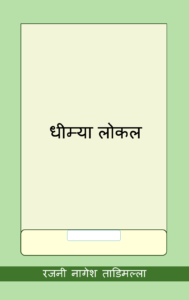
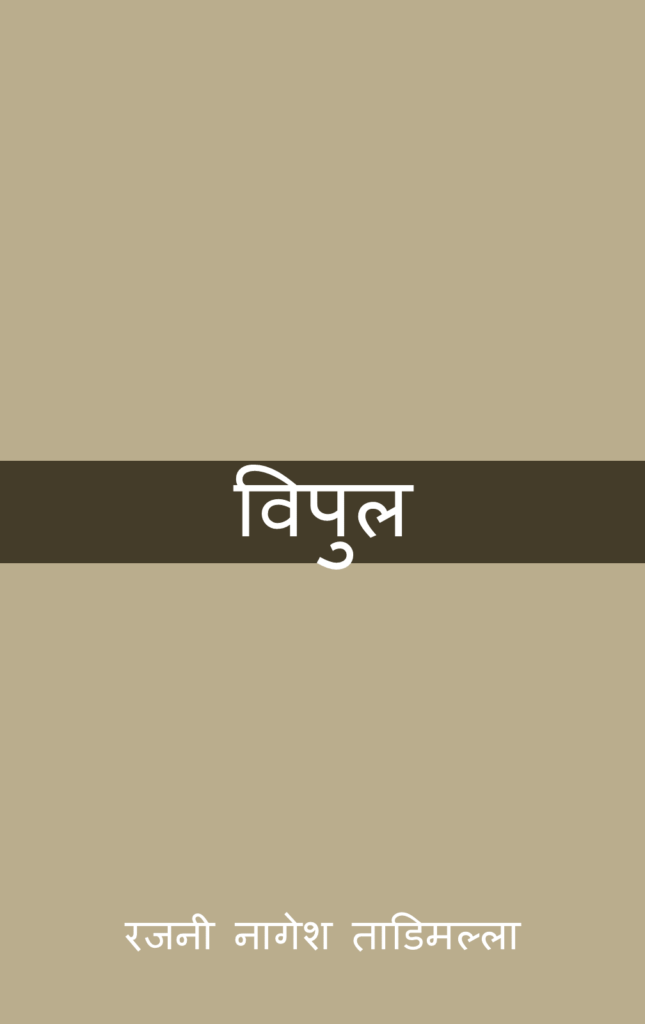
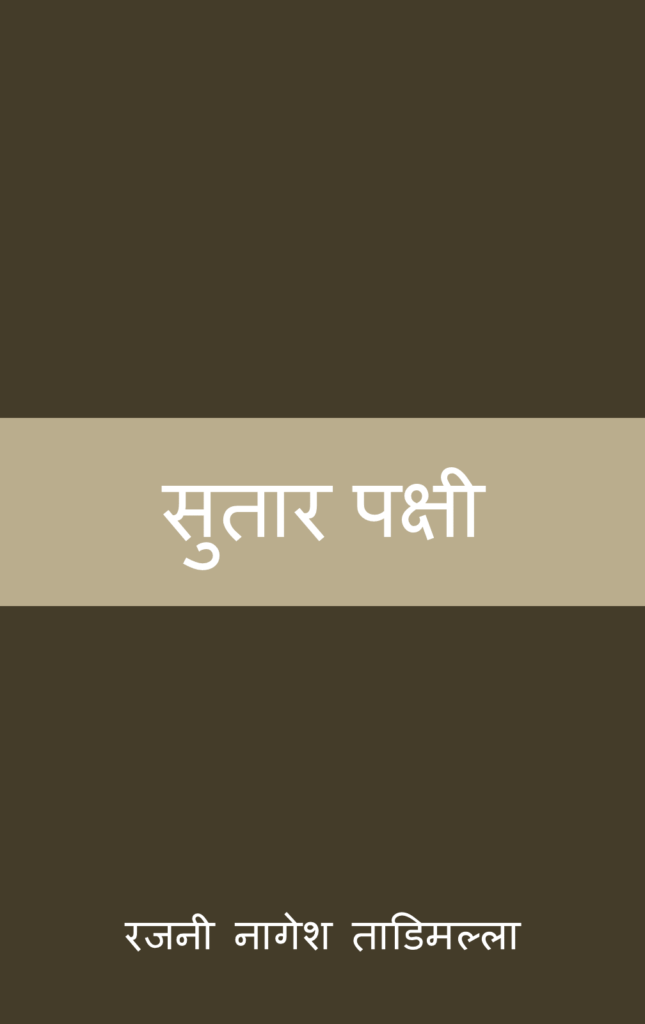
ગુજરાતી గుజరాతీ Gujarati
The Gujarati language has 12 vowels and 36 main consonants.
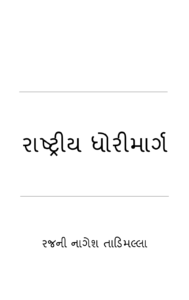
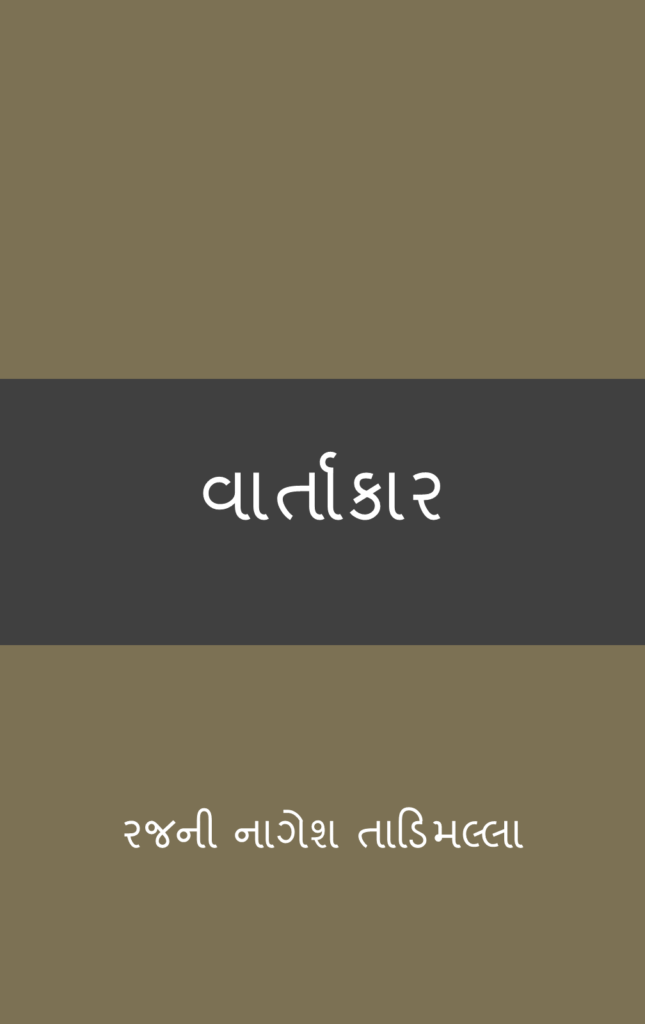
ਪੰਜਾਬੀ పంజాబీ Punjabi
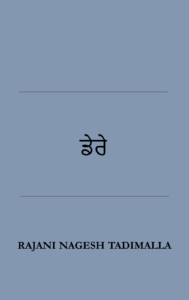
অসমীয়া అస్సామీ Assamese Asamiya

ଓଡିଆ ఒడియా Odia

कश्मीरी کٲشُر కాశ్మీరీ Kashmiri
اردو ఉర్దూ Urdu
सिन्धी سنڌي ਸਿੰਧੀ సింధీ Sindhi
छत्तीसगढ़ी చత్తీస్గర్హి Chhattisgarhi
सब्बो छत्तीसगढ़ी साहित्य प्रेमी मन ल जोहर।
The Chhattisgarhi language has 10 vowels and 32 consonants. Chhattisgarhi language is spoken particularly in the state of Chhattisgarh and the nearby regions. Many dialects of Chhattisgarhi are spoken across various regions of the state. The prominent ones include Kedri, Bhandar (Sargujia), Utti (Laria), Khaltahi, Rakshahun, Godi, and Halbi. Chhattisgarhi language has been included in the Ethnologue with the language identification code ‘hni’. There have been many contributions to Chhattisgarhi literature. Freedom Fighter Ramdayal Tiwari is considered as the Vidyasagar of Chhhattisgarh.


हलबी హల్బీ Halbi (అంతరించిపోతున్నది Endangered)
माळवी మాల్వి Malvi
मैथिली మైథిలి Maithili
The Maithili language has eight vowels and 26 consonants.
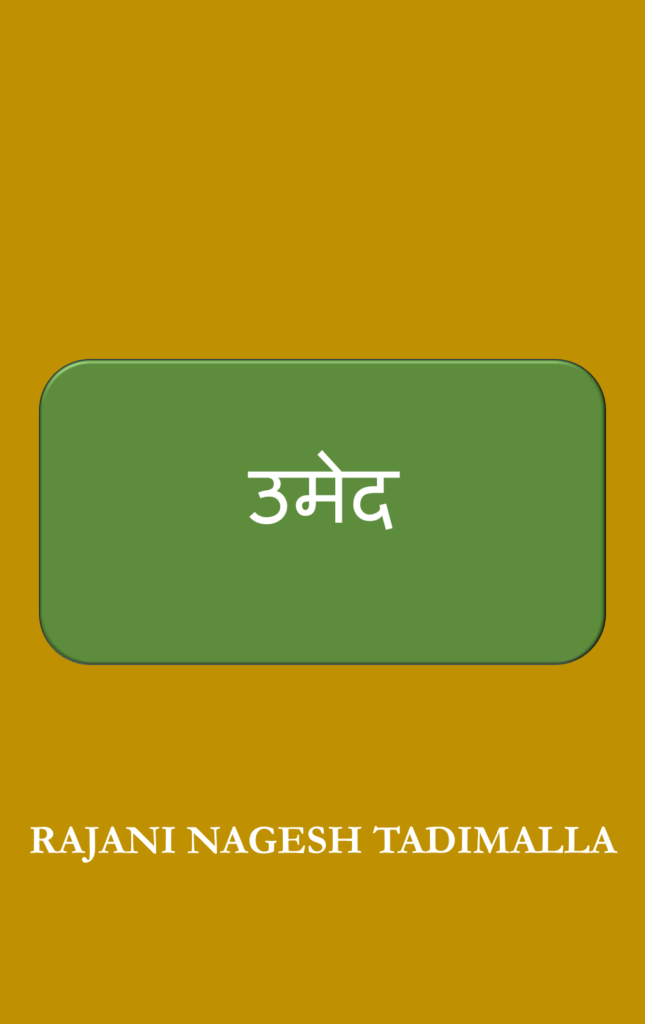
बुंदेली బుండేలి Bundeli
अवधी అవధి Awadhi
नेपाली నేపాలీ Nepali
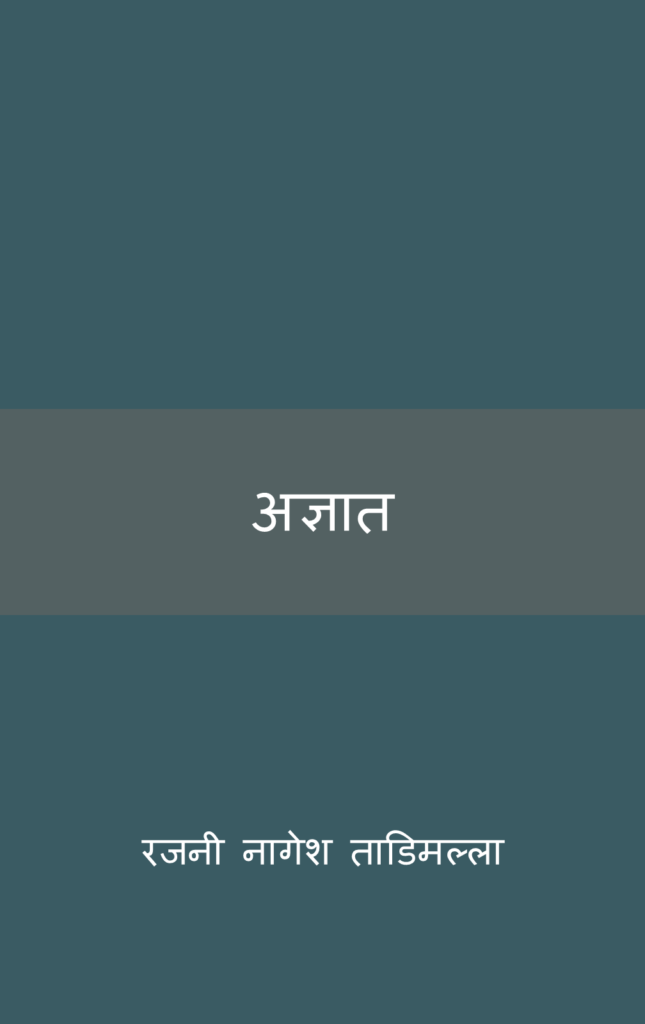
සිංහල సింహళ Sinhala
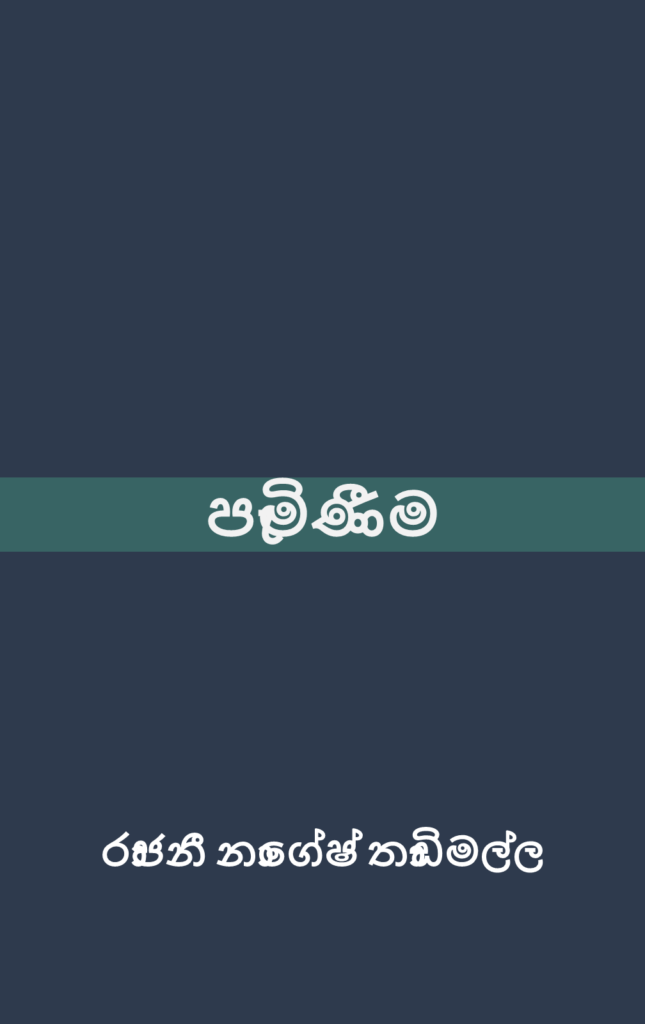
Tocharian Languages (అంతరించిపోయిన Extinct)
Tocharian A
Tocharian B
Germanic Languages జర్మానిక్ భాషలు
English ఆంగ్లము
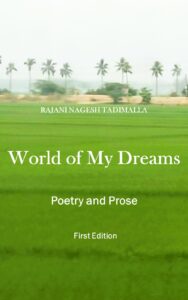
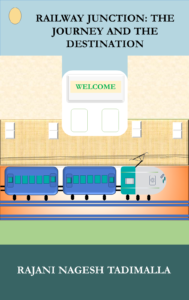
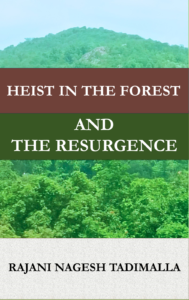
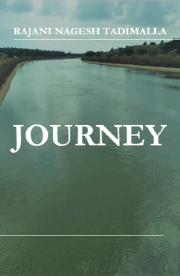



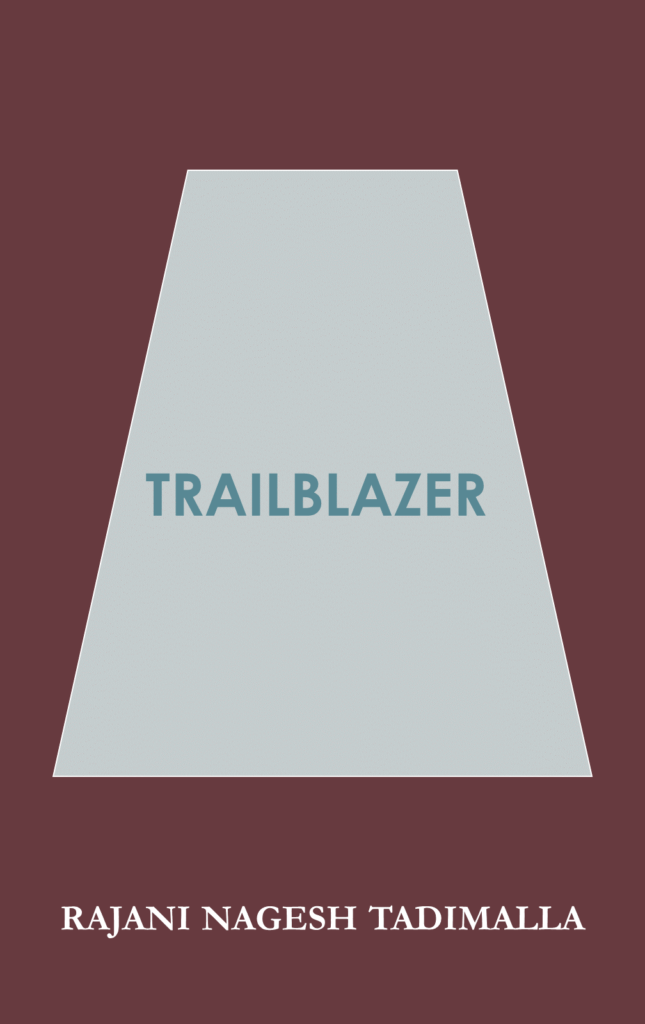
Deutsch జర్మన్ German
